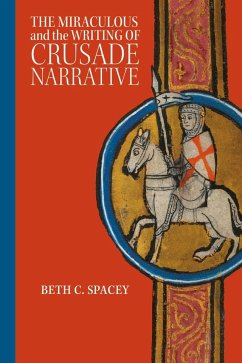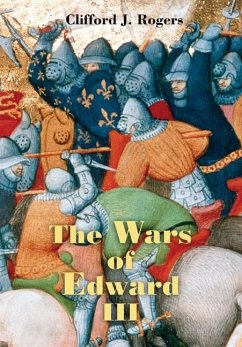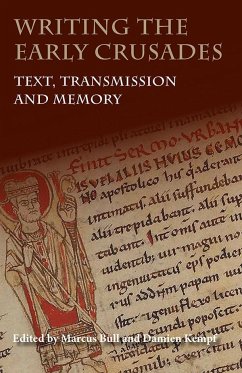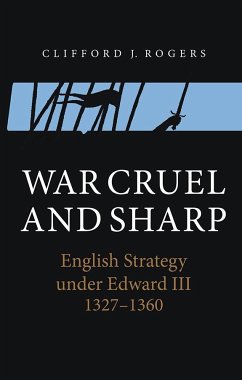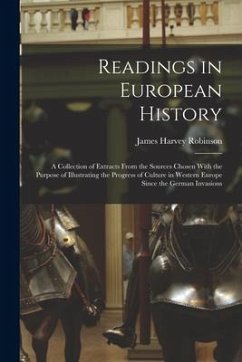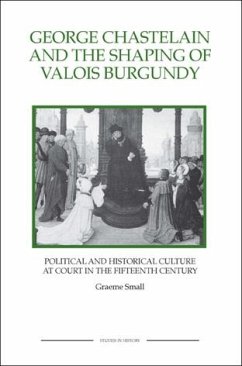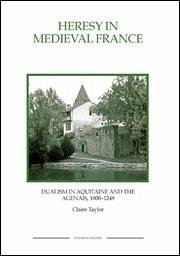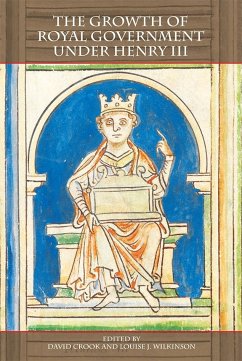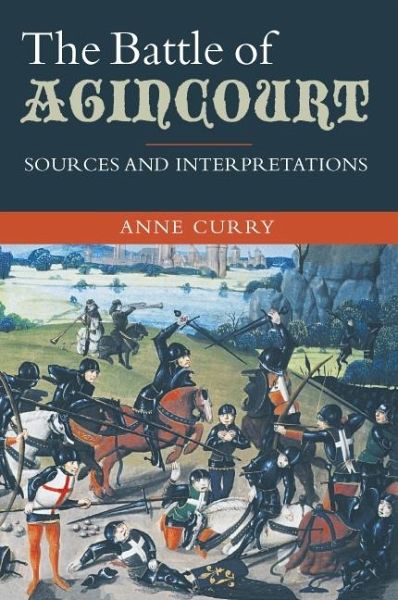
The Battle of Agincourt
Sources and Interpretations

PAYBACK Punkte
23 °P sammeln!
`Agincourt! Agincourt! Know ye not Agincourt?' So began a ballad of around 1600. Since the event itself [25 October 1415], the great military engagement has occupied a special place in both English and French consciousness, respectively as either one of the greatest military successes ever, or as the `accursed day'. Much ink has been spilt on the battle but do we really 'know' Agincourt? Not since Harris Nicolas's 'History of the Battle of Agincourt' [1827-33] has there been a full attempt to survey the sources until now: this book brings together, in translation and with commentary, English a...
`Agincourt! Agincourt! Know ye not Agincourt?' So began a ballad of around 1600. Since the event itself [25 October 1415], the great military engagement has occupied a special place in both English and French consciousness, respectively as either one of the greatest military successes ever, or as the `accursed day'. Much ink has been spilt on the battle but do we really 'know' Agincourt? Not since Harris Nicolas's 'History of the Battle of Agincourt' [1827-33] has there been a full attempt to survey the sources until now: this book brings together, in translation and with commentary, English and French narrative accounts and literary works of the fifteenth century. It also traces the treatment of the battle in sixteenth-century English histories and in the literary representations of, amongst others, Shakespeare and Drayton. After examining how later historians interpreted the battle, it concludes with the first full assessment of the extremely rich administrative records which survive for the armies which fought 'upon Saint Crispin's day'. ANNE CURRY is Professor of Medieval History at the University of Southampton.





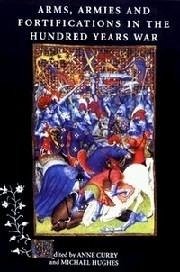
![Translations and Reprints From the Original Sources of [European] History Cover Translations and Reprints From the Original Sources of [European] History](https://bilder.buecher.de/produkte/67/67020/67020250n.jpg)
